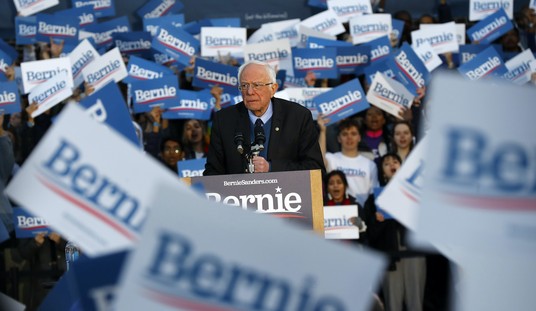Free speech just isn’t as simple as it once was. (Or perhaps as simple as we wrongly perceive it to have been.) While speech was never entirely without constitutional limits, for the most part you were generally free to step up on your soap box and speak your mind, particularly if you were being critical of elected officials or other public figures. But in the internet era you have a vastly larger number of ways to speak to a huge potential audience. When does that freedom turn into grounds for claiming damage and the government telling you, in essence, to sit down and shut up?
When it comes to Twitter, we may be about to find out. A man stands accused of Criminal Stalking on the social network and is now crying foul on first amendment grounds.
Even the Buddha of compassion might have been distressed to be on the receiving end of the diatribes that William Lawrence Cassidy is accused of posting on Twitter.
They certainly rattled Alyce Zeoli, a Buddhist leader based in Maryland. Using an ever-changing series of pseudonyms, the authorities say, Mr. Cassidy published thousands of Twitter posts about Ms. Zeoli. Some were weird horror-movie descriptions of what would befall her; others were more along these lines: “Do the world a favor and go kill yourself. P.S. Have a nice day.”
Those relentless tweets landed Mr. Cassidy in jail on charges of online stalking and placed him at the center of an unusual federal case that asks the question: Is posting a public message on Twitter akin to speaking from an old-fashioned soapbox, or can it also be regarded as a means of direct personal communication, like a letter or phone call?
At Outside the Beltway, Doug Mataconis provides a lot of the required background reading on prior free speech cases and seems to conclude that all Cassidy is guilty of is being an obnoxious creep.
Cassidy’s statements on Twitter, a public place, on a matter of public concern are entitled to that same special protection. That they might be considered “outrageous” is not, by itself, sufficient to criminalize his behavior it seems to me. Had he threatened Zeoli directly or directed his messages to her in private, then we might be dealing with a different set of facts. Based on the facts available, it’s pretty clear that even though Cassidy was acting like a jerk, he was engaging in protected speech.
See much, much more from Eugene Volokh.
These cases are always touchy, and I tend to leave it to the experts. The idea that an internet tool such as Twitter, which is little more than a 21st century bulletin board, can be regulated as to what the users say is unsettling at best. The victim in this case should have had the option to simply block the abusive critic and not see his comments. (Though by changing his account repeatedly he certainly makes that more of a chore to do.) Further, most of the tweets which suggest a threat of physical harm seem to be a bit of a stretch.
And, as Doug notes, none of this seems to have been direct contact which would be the parallel of sending letters or placing phone calls to the victim’s home. If we arrested everyone in this country who acted like a jerk the streets would look much more empty in short order.
But at the other extreme, we do keep hearing about cases where online bullying drives young people to take their own life and all other manner of horrors. It seems, from some of the examples Volokh cites, that our courts do recognize limits to the freedom of speech and that words can sometimes do more than hurt somebody’s feelings. Like I said… it’s complicated.








Join the conversation as a VIP Member